What I Know About Ebola—Part II
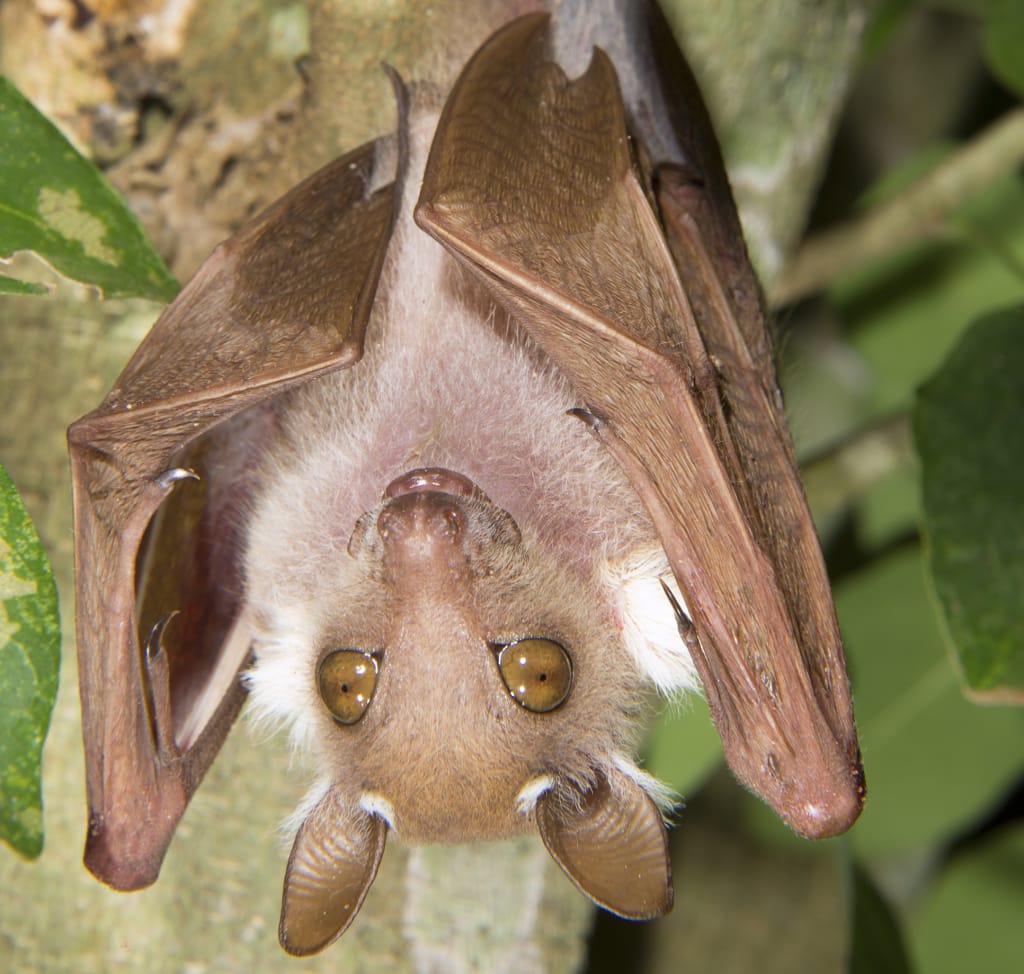
"Fruit bats found throughout Africa are thought to be natural hosts for the Ebola virus. How would they infect humans? Through spicy bat soup, for one."
— Rebecca Boyle, science journalist
Some things don’t translate. Bat soup, for instance. More than once, sharing a meal with villagers in Sierra Leone’s rural up-country, I ate a kind of stew, with a meat I didn’t recognize.
“Not local chicken,” I would say. “No,” Fataba would agree, looking away. But a lot of little bones. “What is this meat?”
Always an exchange in Mende or Temne or Kuranko, not even Krio, which I was quickly learning to understand. The name would come in the local language. In a remote Koinadugu village, thinking an image would communicate more than words, I asked,
“So what does this animal look like?”
“Hard to describe,” one of the women explained.
“Is it a bird or an animal?”
“Yes.”
“But which?”
“Hard to describe.”
“Bush meat?” I asked a bit hesitant.
“Yes, from the jungle.”
“Not a kind of monkey?”
“Yes.”
I stop asking, not knowing if the ‘yes’ means it is monkey or is not. I’d already discovered that questions asked in the negative tend to confuse.
Probably it wasn’t bat soup.

Back in Kabala, dusk arrived with low clouds the color of both charcoal and embers as the sun sank away and a heavy thunderstorm prepared for its nightly show.
Standing under a thatched overhang at my guesthouse, waiting for the gush and clamor to arrive, it was the first time all day that I wasn't sweating.
Fanta, the maid and general helper at the guesthouse, joined me, pulling on a sweater.
"You are not cold?" she asked.
Still warm and sticky, I realized how truly adapted the local people are to their tropical climate that they could find a Kabala evening "cold." Fanta stepped next to me, shoulder to shoulder.
"May I touch your hair?" she whispered.
"Okay," I whispered back, peering into her young, unlined face, her eyes so deeply brown, I couldn't see her pupils in the waning light.
"I like your hair, Madame."
"You can call me, Kimberley, and I like your hair, too. Do you know that your name is the name of an orange soda? When I was a girl, it was a treat to drink that orange soda."
"Ah, yes, we have that soda here. My father likes it so much, that is why he named me Fanta." She was braiding sections of my hair along my cheek.
"You have the soda here? I didn't know they still made Fanta."
"Well," she explained, focused on her thumbs working the fine strands, "not here, in Kabala, but in Freetown, maybe Bo. It is expensive but so sweet with the bubbles. Do you have to leave tomorrow? I would like to plait all of your hair, but it would take time."
She finished her braiding (plaiting, as she called it), and leaned into my side, sliding her arm around my waist. I reciprocated, feeling motherly.
"I'd like that, but yes, I must go. Tomorrow night I will sleep in Freetown."
For a long while, we stood together looking out at the night, her sweatered arm against my bare skin, the heat of her body permeating the knit sleeve and pressing into me.
This moment is fossilizing, I'd thought, leaving its imprint in me.
So many in Sierra Leone had asked, "Will you remember me?" and I would look closely, intentionally, trying to memorize face, hands, garment, context.
Suddenly the silhouette of a fruit bat, several times bigger than the little brown bats back home, swooped between trees. Then up it bobbed against the last light of the day, a few feet away, its wings outstretched and opaque, its face that of a worried fox, before it folded back into the night.
The moment evolved, turning sultry and scented, a mix of green bananas growing nearby and the smoke of cooking fires coming from homes down the hill. One fragment of lightning flashed, then a boom of thunder, and torrents of water fell as if the clouds ripped, letting loose all their rain at once.
Fanta turned to go back to work.
"I think you should stay and let me plait your pretty hair," she said, smiling and petting the fine braid with a finger, patting the new curls forming in the rain-drenched air.
As she walked away, I asked, "Fanta, young lady named for a sweet, bubbly soda, will you remember me?"
She laughed and kept walking without looking back, "Yes, Madame."


The second thing I know about Ebola is that bats can carry it without becoming ill, going about their lives, sleeping and swooping and sucking in sweetness.
But if you kill a bat, handling its curiously winged, mammalian body or letting its bare flesh and bones thicken your soup, the bat will take you with it.
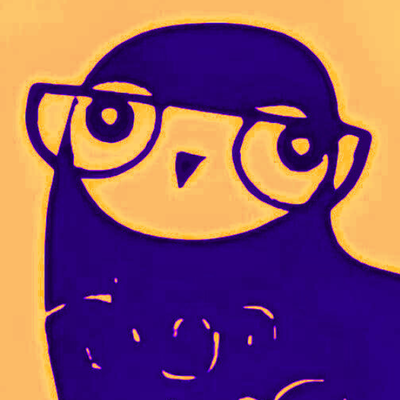
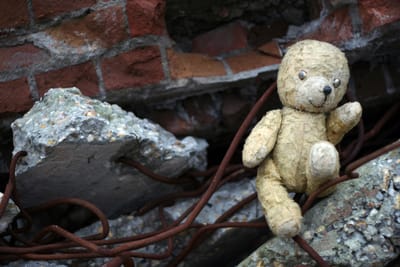

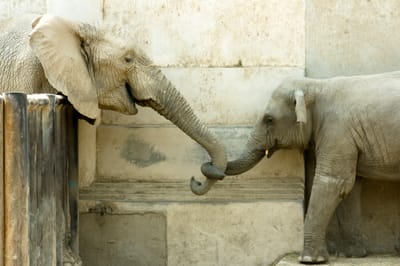

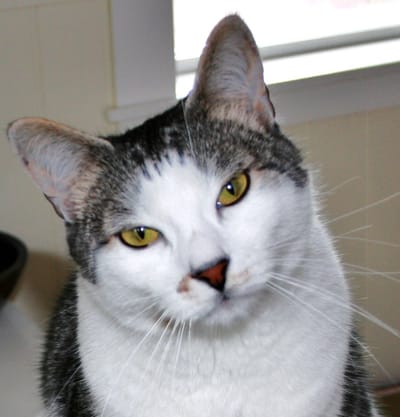
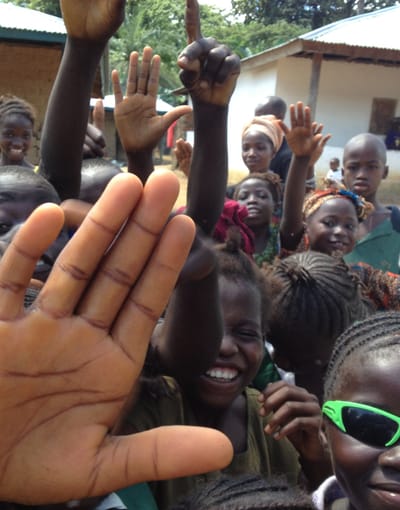
Member discussion